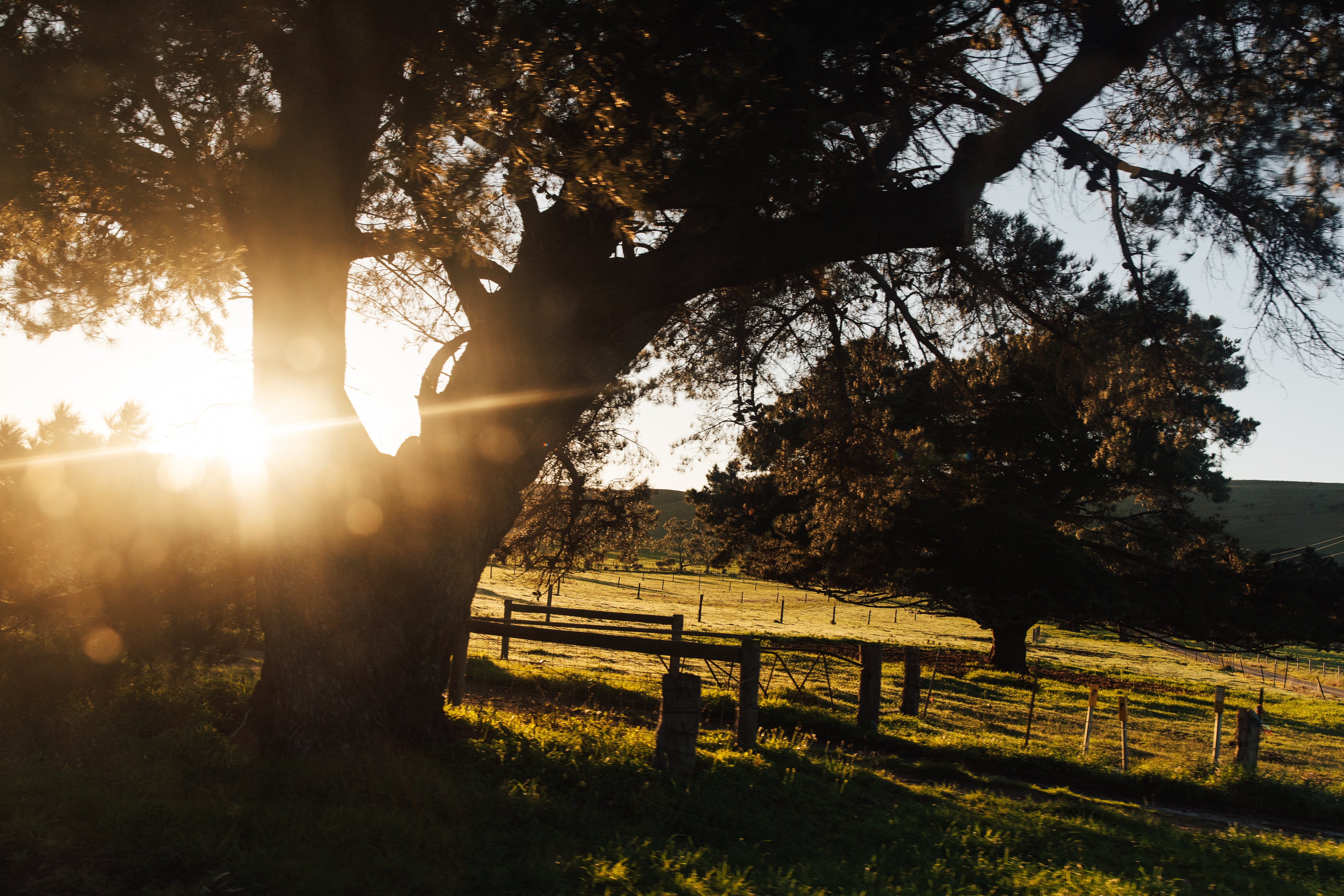
Animal Welfare Strategy set to be renewed
[as published in the Stock Journal]
As part of its 2023-24 Budget, the Australian Government committed $5 million over 4 years to renew the Australian Animal Welfare Strategy (AAWS). This process recently commenced with the release of a discussion paper to gather initial feedback on what a renewed AAWS should look like.
The original AAWS commenced in 2004 and lapsed in 2014. It served as an overarching national framework to identify priorities, coordinate stakeholder action, and improve all animal use sectors.
Key learnings and successes from the lapsed strategy and consideration of modern challenges, opportunities, science and evidence will inform the renewed strategy development. The government intends for the renewed strategy to: provide a vision for the welfare of all animals; outline the challenges and opportunities for animal welfare in Australia; and define relevant work streams of practical actions for meaningful improvements in Australia’s animal welfare system.
The current funding does not cover the implementation of the strategy, but don’t think this means the strategy is destined to sit on a shelf. Strategies that take several years to develop will have follow up actions that governments either find more funding for when needed, or they are taken up by or imposed on others.
Environment and animal activism has increased considerably over recent years, with the livestock industry frequently the target of this activity. Unfortunately, the selective and targeted approach these groups take has impacted the objectivity of some government policies around emotive issues like animal welfare and carbon emissions.
The renewed strategy provides an opportunity to reset the collective narrative around animal welfare in livestock and production animals in this country, particularly for the red meat and wool industries.
Encouragingly, the discussion paper acknowledges the important role animal industries play in Australia’s animal welfare system and that some industries have developed their own best practice guidelines, certification and quality assurance systems, and sustainability frameworks to guide and monitor industry practices.
For our industry that includes considerable investment in a suite of best practice programs and guidelines that ensure good animal welfare such as the Livestock Production Assurance Program and Fit to Load Guidelines, and sustainability leadership through the Beef and Sheep Sustainability Frameworks and the revamped SustainaWOOL Integrity Scheme.
Industry frameworks need to be a key consideration in developing the renewed strategy as they incorporate contemporary science and evidence with the unique production conditions experienced across Australia that guide fit-for-purpose programs and systems that deliver continual animal welfare improvement.
The Federal Government policy to phase out live sheep exports is a current example of a vexed government-industry issue with different perspectives about what Australia’s role is in setting the global animal welfare standards. It also demonstrates a willingness by government to dismiss contemporary industry practice.
The renewed strategy should deliver a greater understanding and collective ownership of Australia’s animal welfare credentials and our continued improvement path to help ensure governments, regardless of colour, are not unduly influenced by animal activist agendas.
by Travis Tobin
